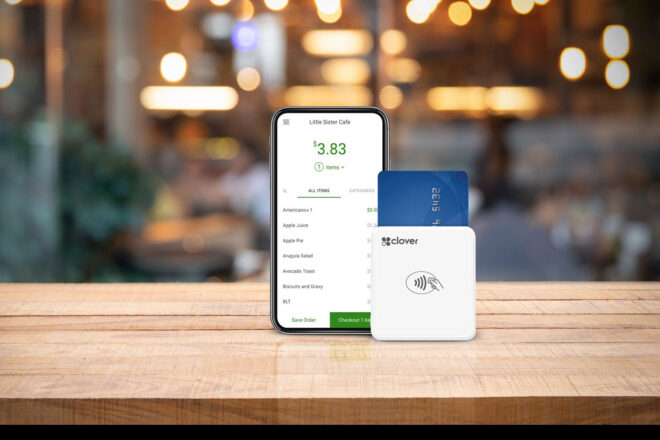An acronym is an abbreviation formed by the initial letters of multiple words (ex. ISV stands for Integrated Software Vendor).
Here are some common payments-related acronyms you may come across in your day-to-day operations as a business owner:
ACH
Automated Clearing House is a payment processing network allowing merchants to accept electronic check payments by entering a bank routing number and account number.
AVS
Address Verification System is used to verify the address or zip code of the person claiming to own the credit card matches what the issuing bank has on file.
BIN
Bank Identification Number is the first 4 to 6 digits of a payment card number that identifies the bank that issued the card, along with the card brand, card type (credit card, debit card, prepaid card, etc.), and the geographic location where the card was issued.
CHD
Card Holder Data consists of name listed on card, account number, expiration date, CVV, and billing address.
CNP
Card Not Present transactions are those which are processed without face-to-face or physical presentation of the actual card, which could be online, mail, or telephone orders.
CVV
Card Verification Value is the three-digit number on the back of the card (or 4-digit number on front of American Express) that helps to verify the card holder is in possession of card during CNP transactions. This can also be referred to as the CID (Card Identification) number.
EMV
Short for EuroPay, Mastercard, and Visa, this fraud-reducing technology in chip cards helps minimize the risks associated with counterfeit card-present transactions.
READ: Common cyber security terms and definitions: Harpooning vs spear phishing vs spoofing
ISV
An Independent Software Vendor develops and sells software products for mass or niche markets, typically to help businesses operate.
IVR
Interactive Voice Response allows merchants to accept credit card and electronic check payments through a touchtone phone.
P2PE
Point-to-Point Encryption is an advanced security method used to encrypt credit card data at the point-of-sale, while the data is in transit, and all the way to authorization.
PA-DSS
Payment Application Data Security Standard, formerly referred to as Payment Application Best Practices (PABP), is the global security standard for vendors that make and sell payment applications.
PCI DSS
Payment Card Industry Data Security Standards is the set of guidelines any merchant who processes, stores, or transmits credit card data must comply with.
PCI SSC
Payment Card Industry Security Standards Council is a global association formed to develop, enhance, and enforce the security standards for credit card processing.
POS
Point-of-sale systems and software are used at retail, restaurant, and service locations worldwide to help merchants accept payments and run their business.
QIR
Qualified Integrator & Reseller is an organization authorized by the PCI SSC to implement, configure, or support applications meeting the PA-DSS.
QSA
Qualified Security Assessor is someone who is certified by the PCI SSC to audit merchants for compliance with the PCI DSS.
SAQ
Self-Assessment Questionnaire is a survey administered to merchants and service providers to evaluate their compliance with the PCI DSS.
SMB
Small and Midsize Business is categorized by company type, average annual revenues, and number of employees based on the standards determined by the Small Business Administration (SBA).
TPSP
Third Party Service Provider is an organization a merchant selects to assist with the processing, storing, or transmitting of credit card data.
VAR
A Value-Added Reseller adds features or services to an existing software product and resells it to the end-user.
Talk to a Clover Business Consultant today to learn how our POS systems and business management solutions can help you accept payments, run your business, and sell more.
TALK TO AN EXPERT






